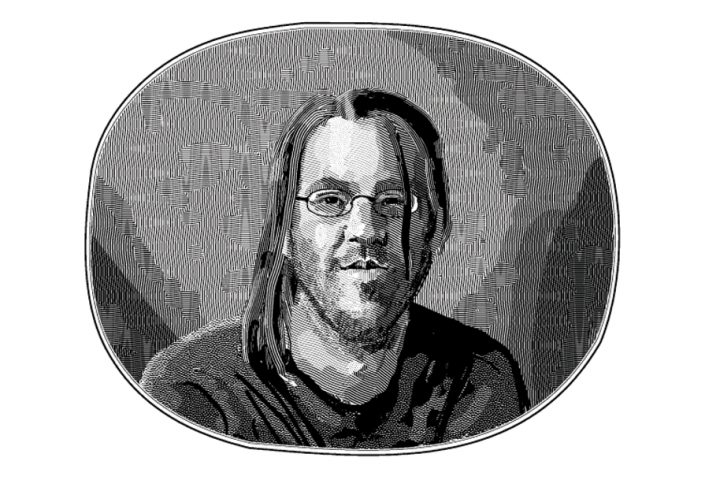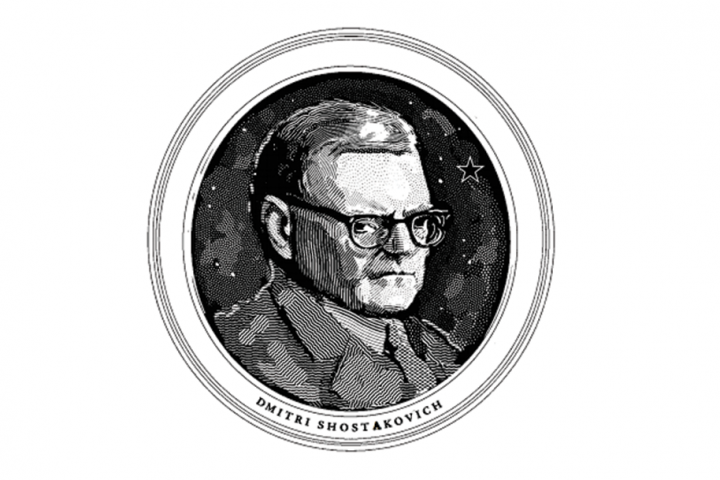Books Reviewed
A review of The Union War , by Gary W. Gallagher
, by Gary W. Gallagher
Less than a month after the Civil War began, Abraham Lincoln explained what the conflict represented. When told that the White House mailbag bulged with appeals to emancipate the slaves, the president, who hated slavery as much as any abolitionist hated it, replied
For my own part, I consider the central idea pervading this struggle is the necessity that is upon us, of proving that popular government is not an absurdity. We must settle this question now, whether in a free government the minority have the right to break up the government whenever they choose. If we fail it will go far to prove the incapability of the people to govern themselves.
It has become trendy in some historical circles to regard the Civil War as a bloody, tragic conflict whose only moral accomplishment (a rather tarnished one at that) was the abolition of slavery. But that is not how Northern supporters of the war effort viewed it. Like Lincoln, they—and their counterparts in the loyal slave states—understood that it was a struggle first and foremost to save the Union and thereby to vindicate free government. A leading Democratic newspaper remarked in May 1865 that the world owed a debt of gratitude to the victorious federal troops who
have secured the perpetuity of that Union upon which the hopes of the oppressed of all climes and countries depend. They are the champions of free governments throughout the world. The applause which greets them comes not from the Washington crowds alone, nor from the millions of their fellow-citizens in all the States, but we can hear it ringing across the Atlantic, echoed alike from the Alps and the Andes, and swelled by the majestic chorus of republican voices from Mexico to Denmark.
Gary W. Gallagher acknowledges this fundamental truth in a companion study to his The Confederate War (1997) that bucks the trend of the regnant progressive school of American historiography. In The Union War, the eminent University of Virginia Civil War historian challenges the numerous "exclusionary narratives" that deemphasize the importance—and moral significance—of preserving the Union. Politically correct historians find little worth preserving in the Union that was, as one of them put it, "grounded in ruthless ideas of inequality of race, class, and gender." Barbara Fields of Columbia University argues that simply to maintain such a nation was "a goal too shallow to be worth the sacrifice of a single life." Recoiling from "unionist triumphalism," another historian asserts that when viewing the results of the war, "where others stress the advance of freedom I see some of that and a lot more continuity of domination and oppression."
* * *
Gallagher rightly insists that such a "largely ahistorical exercise" of assessing "the motivations and behaviors of the Civil War generation through the analytical prism of current social and cultural norms" produces a caricature "of a benighted, unworthy North." To place those motivations and that behavior into their proper context, the author industriously mined many traditional sources—the writings of Lincoln and Ulysses S. Grant, the diaries and letters of more than 300 Union soldiers, several dozen regimental histories, and many newspapers and periodicals—as well as less obvious sources like popular songs (though he curiously omits "The Battle Hymn of the Republic"), patriotic envelopes, inscriptions on postwar monuments, and speeches given at the dedication of those monuments.
Those sources fail to support today's "popular understanding of the war as primarily a crusade for black freedom," as Gallagher puts it. Instead, loyal supporters of the war cared primarily about restoring the Union. To be sure, many Northerners eventually came to support emancipation as a military necessity, but not as a principal war aim in itself.
Gallagher dissents from some other popular beliefs about the war. Black troops, he argues, did not play a critical role in the outcome of the conflict. Though comprising nearly 10% of the Union army, they were mostly used in support roles, performing "valuable but not decisive service." He also disputes the notion that the war transformed the way that Americans thought of their country. Nobody, he cautions, "should infer a sea change in attitudes toward the nation." Nationalism was strong after the war, to be sure, but it was also strong before the war. Gallagher criticizes "the-slaves-freed-themselves" thesis (popularized by Professor Fields in Ken Burns's Civil War documentary), noting that while credit for wartime emancipation belongs to Lincoln, Congress, and to some extent the slaves themselves, "without the United States army, none of the other actors could have succeeded on a broad scale." Recent historians have neglected military history and consequently have underestimated the vital importance of the army in securing emancipation.
* * *
Gary Gallagher's short, persuasive book would have been more persuasive had he also explored more fully constituent mail received by congressmen and senators, or examined congressional debates, especially those generated by the Crittenden-Johnson resolution adopted by Congress in July 1861 and rescinded four months later. It stated that the war was being waged to "defend and maintain the supremacy of the Constitution and to preserve the Union" and not to overthrow or interfere "with the rights or established institutions" of the states.
But these quibbles aside, The Union War provides readers with a compelling account of why the war was fought.




